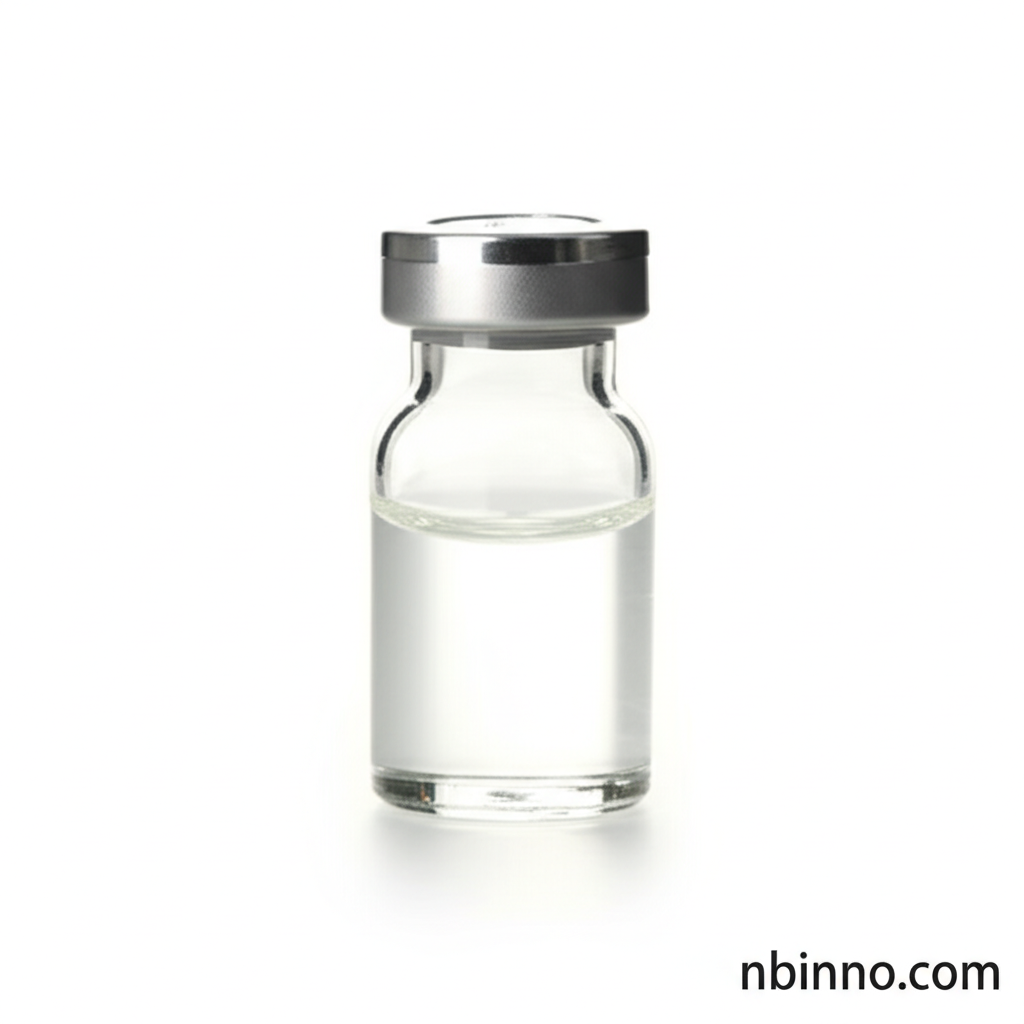Methyl 2-Fluoroisobutyrate: A Key Intermediate for Agrochemicals
Discover the critical role of CAS 338-76-1 in advancing herbicide and plant growth regulator synthesis.
Get a Quote & SampleProduct Core Value

Methyl 2-Fluoroisobutyrate
Methyl 2-Fluoroisobutyrate (CAS 338-76-1) stands out as a crucial intermediate in the synthesis of various agrochemicals. Its unique chemical structure, featuring a fluorine atom, contributes significantly to the efficacy and stability of the final products. This compound is particularly valued for its role in developing advanced triazine herbicides and specialized plant growth regulators.
- This essential chemical intermediate, Methyl 2-Fluoroisobutyrate, is pivotal for synthesizing advanced triazine herbicides.
- Leveraging CAS 338-76-1 as a key building block enables the creation of effective plant growth regulators.
- The unique fluorinated nature of Methyl 2-Fluoroisobutyrate enhances the biological activity of agrochemical compounds.
- Sourcing high-quality Methyl 2-Fluoroisobutyrate is vital for manufacturers aiming for reliable and potent agrochemical solutions.
Advantages Provided by the Product
Enhanced Agrochemical Efficacy
The presence of fluorine in Methyl 2-Fluoroisobutyrate significantly boosts the performance and stability of herbicides, making it a sought-after compound for buy Methyl 2-Fluoroisobutyrate.
Versatile Synthesis Applications
As a key intermediate for herbicides, Methyl 2-Fluoroisobutyrate offers versatility in organic synthesis, supporting the development of new agrochemical formulations.
Improved Metabolic Stability
Fluorinated organic compounds like Methyl 2-Fluoroisobutyrate often exhibit improved metabolic stability, leading to more persistent and effective plant growth regulators.
Key Applications
Herbicide Synthesis
Methyl 2-Fluoroisobutyrate serves as a critical building block for manufacturing a range of herbicides, contributing to efficient weed control in agriculture.
Plant Growth Regulation
The compound is instrumental in the production of plant growth regulators, influencing crop development and yield through targeted applications.
Organic Synthesis Intermediate
Its role extends to broader organic synthesis, where its unique fluorinated structure is valuable for creating complex molecules.
Agrochemical Development
This chemical intermediate supports innovation in agrochemical development, enabling the creation of next-generation crop protection solutions.
